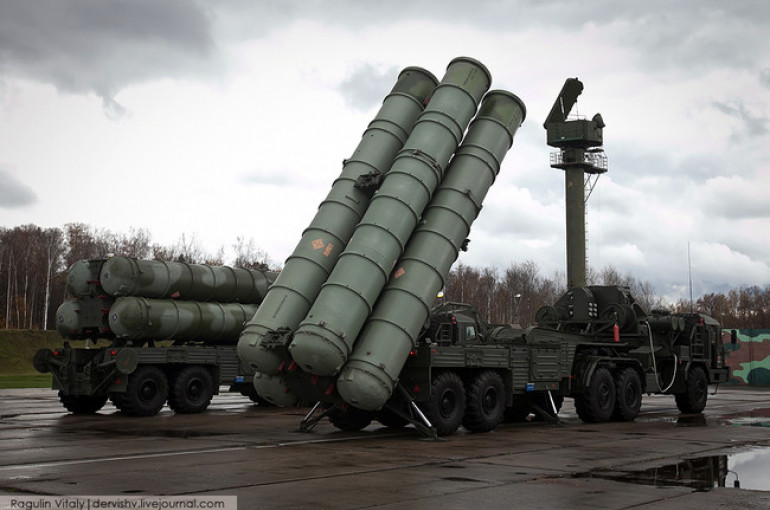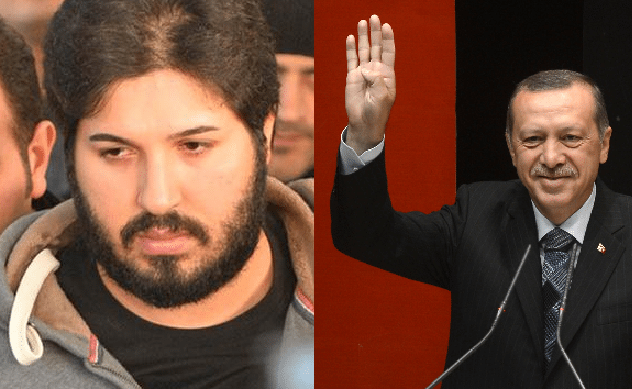Re: Regional geopolitics
Angry Erdogan slams Trump administration for arming Kurds in northern Syria
By News Desk - 11/05/20170
BEIRUT, LEBANON (7:00 A.M.) – Turkish President Recep Tayyip Erdogan hit out at the US decision to further arm Kurdish forces in Syria, speaking in Ankara on Wednesday, saying “the fight against the Daesh terrorist organization should not be led with another terror organization.”
“We want to believe that our allies would choose to stand beside us and not on the side of terrorist organizations,” said Erdogan. “I will personally explain our stance on the subject and our concerns over this decision to Mr. (US President Donald) Trump in our meeting on May 16,” he added.
The US plans to equip Kurdish-led Syrian Democratic Forces, (SDF) to combat so-called Islamic State (IS; formerly ISIS/ISIL) in Raqqa, the move is strongly opposed by Turkey who says the fighters are linked to the Kurdistan Workers’ Party (PKK) which it classes as a terrorist group.
Angry Erdogan slams Trump administration for arming Kurds in northern Syria
By News Desk - 11/05/20170
BEIRUT, LEBANON (7:00 A.M.) – Turkish President Recep Tayyip Erdogan hit out at the US decision to further arm Kurdish forces in Syria, speaking in Ankara on Wednesday, saying “the fight against the Daesh terrorist organization should not be led with another terror organization.”
“We want to believe that our allies would choose to stand beside us and not on the side of terrorist organizations,” said Erdogan. “I will personally explain our stance on the subject and our concerns over this decision to Mr. (US President Donald) Trump in our meeting on May 16,” he added.
The US plans to equip Kurdish-led Syrian Democratic Forces, (SDF) to combat so-called Islamic State (IS; formerly ISIS/ISIL) in Raqqa, the move is strongly opposed by Turkey who says the fighters are linked to the Kurdistan Workers’ Party (PKK) which it classes as a terrorist group.









Comment